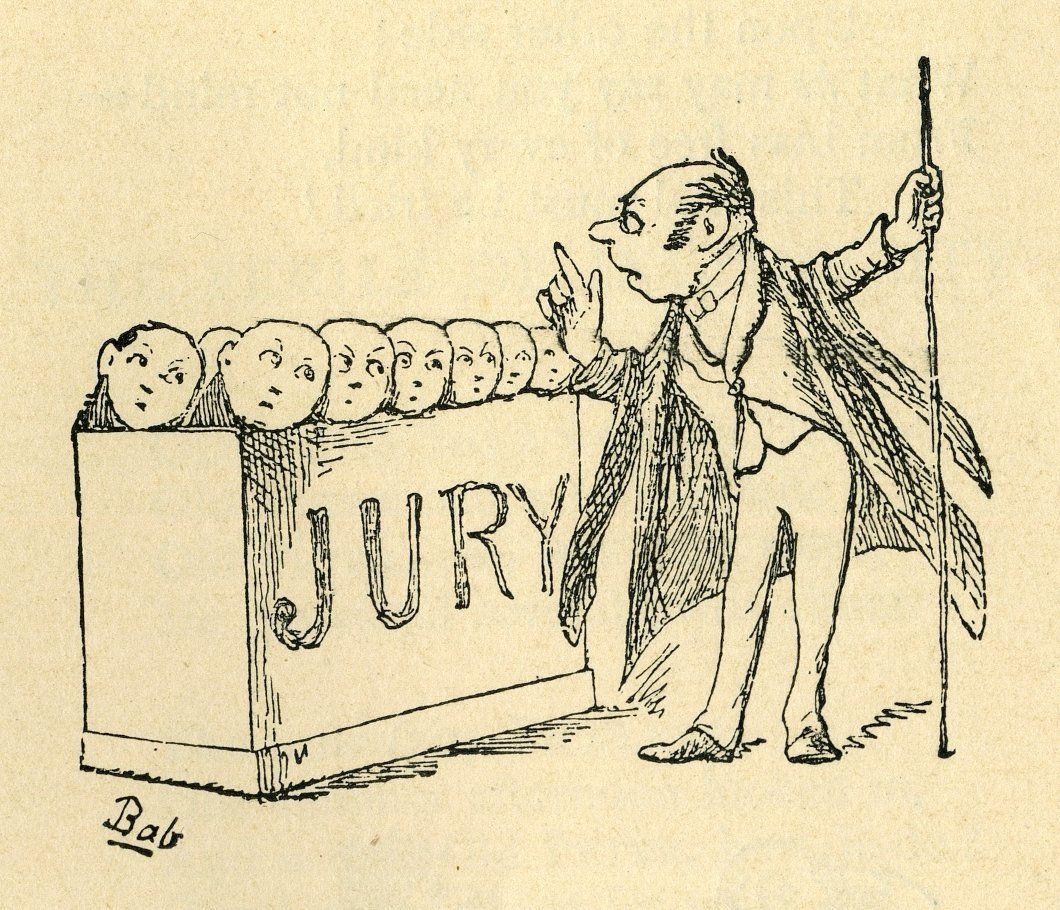Understanding the Highly Compensated Employee Exemption
The Highly Compensated Employee Exemption
The Highly Compensated Employee (HCE) exemption went into effect July 1, 2024 and is part of a final rule under the Fair Labor Standards Act (FLSA). The exemption increases the HCE annual compensation threshold and allows businesses to streamline the process of determining which highly paid employees are overtime exempt while making sure that workers who need overtime protections receive them. To understand how the HCE exemption might impact your business or your job, consult Employment Attorney Raymond Nardo for honest, professional advice.
The Purpose of the Exemption
According to the U.S. Department of Labor (DOL), “The FLSA requires that most employees in the United States be paid at least the federal minimum wage for all hours worked and overtime pay at not less than time and one-half the regular rate of pay for all hours worked over 40 in a workweek,” unless they are classified as exempt. Congress intended the HCE exemption to help businesses simplify the process of determining whether certain highly compensated employees are exempt from FLSA overtime protections because they perform executive, administrative and professional (EAP) or “white collar” duties.
The HCE exemption also attempts to balance protecting workers’ rights to overtime pay with allowing businesses flexibility in compensating employees who are less likely to require such protections. This helps to address the changing realities of the modern workforce, where certain highly paid employees might not fit neatly into traditional exempt categories but may still perform job functions that justify overtime exemption.
The Reasoning Behind the Exemption
Recognizing Professional and Managerial Roles
Congress recognized that highly compensated employees typically have roles that involve a higher level of responsibility, decision-making authority, and autonomy. These roles often align with traditional exemptions like the EAP exemption, which do not require overtime pay.
Compensation as a Proxy for Job Duties
Employees who are highly compensated are more likely to perform exempt job duties and have greater bargaining power in negotiating their pay and working conditions. Therefore, the rationale is that high compensation serves as a proxy for a more detailed analysis of job duties, and allows businesses to shorten the prior HCE duties test. As the final rule indicates, “The HCE test’s primary purpose is to serve as a streamlined alternative for very highly compensated employees because a very high level of compensation is a strong indicator of an employee’s exempt status, thus eliminating the need for a detailed duties analysis.”
Balance Between Worker Protection and Business Flexibility
By setting a high compensation threshold, the HCE aims to balance protecting workers' rights to overtime pay with allowing businesses flexibility in compensating employees who are less likely to require such protections. Congress intended to ensure that only employees who are truly well-compensated and likely to hold significant responsibilities are exempt from overtime. As the final rule states, “The Department is increasing the HCE total annual compensation threshold to the annualized weekly earnings amount of the 85th percentile of full-time salaried workers nationally ($151,164). The new HCE threshold is high enough to reserve the test for those employees who are ‘at the very top of [the] economic ladder’ and will guard against the unintended exemption of workers who are not bona fide EAP employees, including those in high-income regions and industries.”
Exemption Criteria
To qualify for the HCE exemption an employee must meet the following tests:
Salary Test
- As of July 1, 2024, receive total annual compensation of $132,964 per year including at least $844 per week paid on a salary or fee basis.
- As of January 1, 2025, receive total annual compensation of $151,164 per year including at least $1,128 per week paid on a salary or fee basis.
- As of July 1, 2027, meet new compensation thresholds which will be raised every 3 years.
Duties Test
- Perform office or non-manual work as a primary duty.
- Regularly perform one of the duties of an exempt executive, administrative, or professional employee.
For example, a worker could be exempt from minimum wage and overtime protection if he meets the highly compensated earnings threshold and customarily oversees two or more workers, even if he doesn’t meet the other duties requirements in the EAP exemption test.
The Implications of the Exemption
Financial
As a result of the HCE exemption, employers must address the new compensation thresholds in a timely manner, choosing between raising the salaries of certain employees in order to retain their exempt status or reclassifying employees as non-exempt and paying the required overtime.
Workforce
Exempt employees will not receive overtime pay for long work hours, which could potentially lessen their overall compensation and morale. Some employees could attempt to challenge the re-classification of their positions, while others might welcome a change in exemption status.
Legal
Employers could encounter significant legal problems, including lawsuits, back pay awards and penalties if employees are misclassified or don’t receive the required overtime or salary. State laws, which can be more stringent than federal laws, could present further challenges.
The rollout of the HCE exemption will bring diverse and unforeseen consequences, but expert employment attorneys can help navigate the transition.
Conclusion
The HCE exemption is a crucial consideration as it directly impacts eligibility for overtime pay and requires careful analysis of job duties and compensation. Employment Attorney Raymond Nardo represents employees and employers in cases involving wage and overtime concerns. Consult Attorney Raymond Nardo for expert advice on the HCE exemption.










